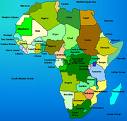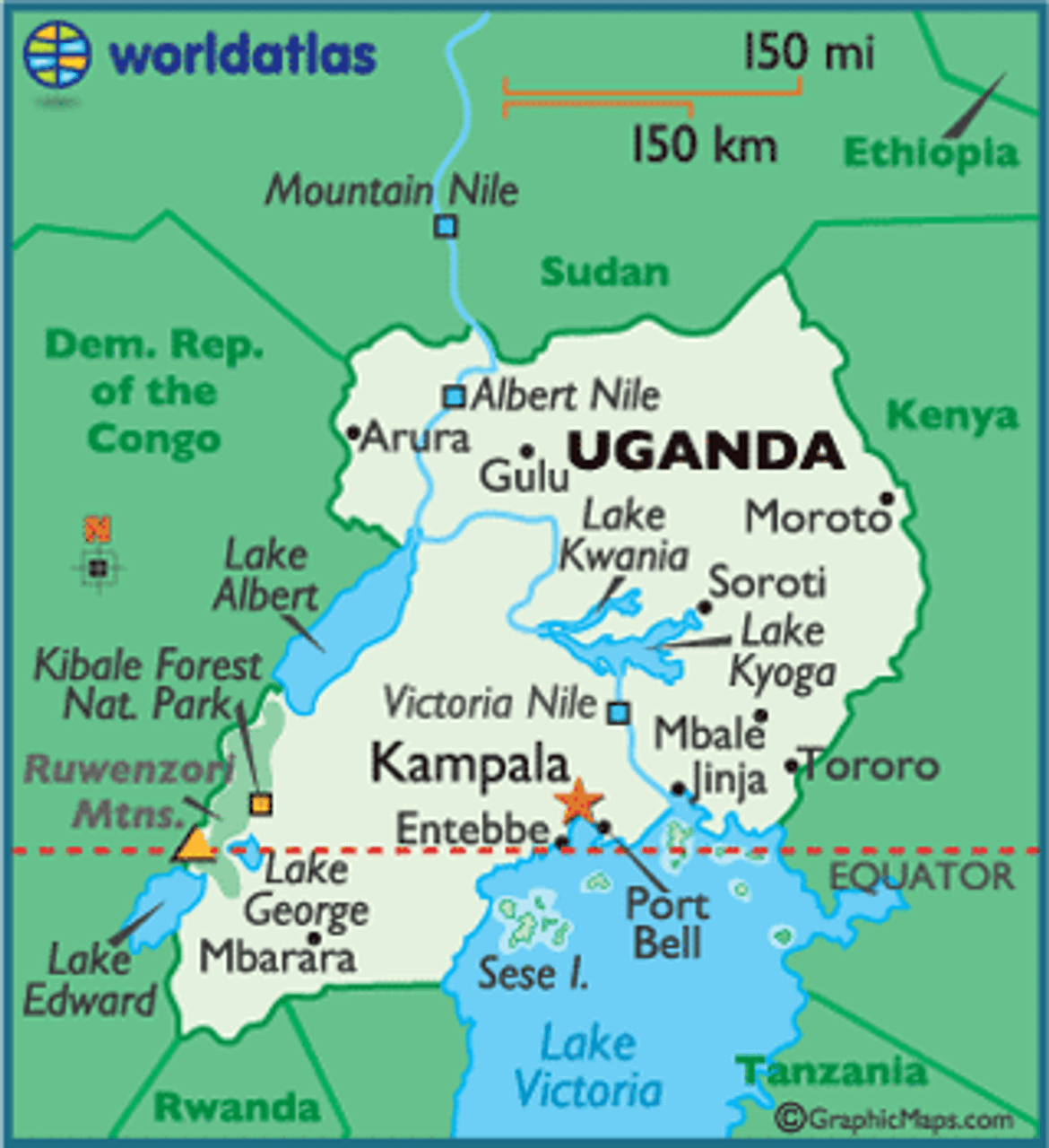US deploys Special Forces troops to central Africa

US President Barack Obama has deployed roughly 100 special operations troops to central Africa, as part of an offensive targeting the leadership of the Lord’s Resistance Army (LRA). The LRA is a rebel group that has engaged in fierce battles with the Ugandan government for over two decades.
In a letter to the U.S. Congress, Obama announced the arrival of a small team of “combat-equipped” advisors in Uganda, as of last Wednesday. The letter to Congress from Obama states that the goal of the U.S. troop deployment is “to assist African forces in the removal of [LRA leader] Joseph Kony and the leadership of the LRA from the battlefield.”
Obama added, “The LRA continues to commit atrocities across the Central African Republic, the Democratic Republic of Congo, and South Sudan that have a disproportionate impact on regional security. … Regional military efforts have thus far been unsuccessful in removing LRA leader Joseph Kony or his top commanders from the battlefield.”
The US troops will remain in the region over the next month, also deploying to the surrounding countries, including South Sudan, the Central African Republic, and Congo. The Pentagon confirmed that most of the 100 troops being deployed are Special Forces soldiers.
 Map copyright World Atlas
Map copyright World Atlas
Ugandan President Yoweri Museveni’s subservience to US imperialism is once again on display, as he supports and cooperates with the US deployment. Ugandan army spokesman Felix Kulaigye told Reuters: “We didn’t solicit this support, but now that it has come we welcome it. Kony is a regional security menace and the earlier we end it, the better.”
Obama and Museveni both attempted to downplay the significance of the deployment. Obama claimed it was “time-limited” to only a few months. Reuters commented, “The limited terms of engagement appeared aimed at reassuring war-weary Americans that Obama has no plans to entangle US forces directly in another conflict, when they are already involved in wars in Afghanistan in Iraq and are playing a supporting role in a NATO-led air campaign in Libya.”
Museveni cynically objected to calling the US soldiers deploying to Uganda “troops,” trying to defuse opposition to a US deployment to Uganda. He said: “Better to call them US personnel, not troops. When you call them troops, you are saying they are coming to fight on our behalf. We shall never have troops coming to fight for us. I cannot accept foreign troops to come and fight for me. We have the capacity to fight our own wars.”
Such comments only underscore the fact that there is mass popular opposition in Africa and the United States to the extension of US military violence across Africa that is now being planned.
The US already operates a major military base at Camp Lemonier in Djibouti, which coordinates US surveillance and strike aircraft flying over Yemen and Somalia, and US military operations in eastern and central Africa more broadly. This is part of a recent series of US- or Western-backed aggressions in Africa, including the US-led war in Libya and the French-led overthrow of Ivory Coast President Laurent Gbagbo in April.
This operation also continues the US government’s policy of extra-judicial killing of figures Washington claims to be terrorists, outside the jurisdiction of any court of law. This is part of the ongoing repudiation of democratic forms of rule by the American bourgeoisie during the “war on terror.”
The US has threatened the LRA for years, since designating it a terrorist organization in 2001. Since 2008, the US government has defined the LRA as a “Specially Designated Global Terrorist” group. In May 2010, the Obama administration signed the “Lord’s Resistance Army Disarmament and Northern Uganda Recovery Act.” As the Economist noted, this act makes it U.S. policy “to kill or capture Joseph Kony and crush his rebellion once and for all.” The act was passed unanimously by the US Congress, highlighting the US ruling class’s bipartisan support for this policy.
The LRA is a religious sectarian militia headed by Joseph Kony, who claims to be a “spokesperson” of God. Inspired by a combination of mysticism and Christian rhetoric, it has been accused of carrying out many atrocities over the past twenty-five years–including the abduction of children to fight for the militia, the keeping of sex slaves, raping of women, and the deaths of thousands of people.
Washington’s intervention is not motivated by concern over these atrocities, many of which are committed by US forces in US-occupied countries or US-backed forces across Africa. It is aimed primarily at asserting US imperialist interests in Africa, and counteracting the rising influence of other major powers in the region–particularly China.
Of particular concern to Washington are rising conflicts in the neighboring Sudan, after the partition of the country. South Sudan, which declared independence from Khartoum on July 9 after a referendum, has large oil reserves and enjoys US backing. Sudan is one of China’s top oil suppliers internationally (See: Partition of Sudan prepares way for further conflicts).
Last week South Sudan Interior Minister Alison Manani Magaya claimed that North Sudan is providing support and training camps for the LRA to mount cross-border attacks from Uganda into South Sudan. “They have a training camp at the border between Western Bahr el Ghazal and Darfur, where they are being trained and supplied,” Magaya said. He added that 27 entry points along the Uganda-South Sudan border will be “reinforced” against the threat posed by the LRA.
Magaya’s comments echoed remarks by Hilde Johnson–the UN secretary general’s special representative and the top UN official in South Sudan–who said the LRA is moving to the border between Darfur (North Sudan) and Western Bahr en Ghazal (now in South Sudan).
The US intervention is also dictated by rising concerns over the loyalties of the Ugandan government, as well. According to a US cable released by WikiLeaks, Washington closely follows China’s growing economic influence in Uganda. A cable, dated February 17, 2010, illustrates these concerns: “China’s economic ties to Uganda continue to accelerate on all fronts making it one of the country’s top foreign investors… Greater Chinese investment and assistance in Uganda has generated some resentment due to local perceptions that Chinese investments favor their own businesses.”
Uganda also has growing economic ties to Iran. Iran and Uganda have pursued closer relations, with the agreement by Iran to fund Uganda’s oil sector. At a Tehran meeting in May 2009, President Museveni and Iranian President Ahmadinejad met together with Iranian commerce officials to hammer out an agreement for increased bilateral economic cooperation. It included provisions for the construction of an oil refinery in Uganda and measures allowing Ugandan petroleum officials to train at the Petroleum University of Technology in Tehran.

